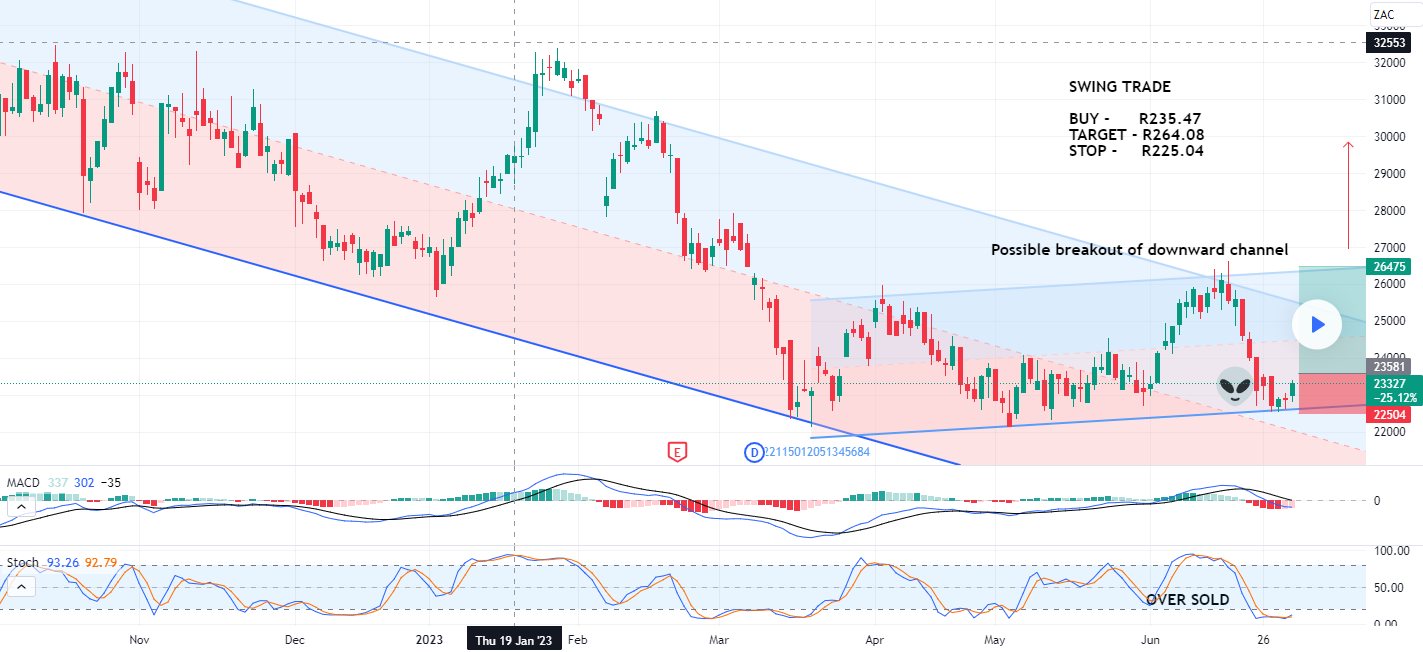Join Our Telegram channel to stay up to date on breaking news coverage
Anatoly Yakovenko, the co-founder of Solana, recently said that Ethereum (ETH) could act as a layer-2 (L2) solution for Solana Network.
He acknowledged certain limitations and potential risks but still believed the idea could work. In a series of tweets, he explained the idea, saying that it is not as farfetched as it might seem at first glance.
Would it be possible for ethereum to be a @solana L2? Probably more likely than you might think at first glance. L2s are bridge protocols that provide one way security. In this setup, holders of solana assets on ethereum would have finality guarantees that they can exit back… https://t.co/XE5ETsxGIW
— toly 🇺🇸| bip-420 (@aeyakovenko) July 2, 2023
“L2s are bridge protocols that provide one-way security. In this setup, holders of Solana assets on Ethereum would have finality guarantees that they can exit back to Solana even if Ethereum double spends or creates an invalid state transition,” Yakovenko argued.
Solana is one of the fastest, most scalable blockchains
In additional tweets, Yakovenko shared his view of how such integration could take shape. The network’s co-founder suggested that technical collaboration is more likely than one might think.
As he said, Layer-2 solutions are there to address scalability issues that blockchains like Ethereum face. Ethereum has been struggling with high transaction fees caused by congestion for years.
Solana, on the other hand, had this issue in mind, and its developers made the blockchain with the goal of being one of the fastest the crypto industry has ever seen.
It is known for low transaction costs and high throughput, which promises efficient accommodation of various DeFi applications.
Benefits and risks
Yakovenko continued by pointing out the project’s scaling solutions, calling them “bridge protocols that provide one-way security.
Furthermore, he argued that Ethereum becoming an L2 solution for Solana would allow SOL holders on Ethereum to have guarantees of being able to safely return to Solana. This would be possible even in double spending or invalid state transition cases.
However, in order to make this work, users would have to submit all the Ethereum transactions into Solana. Not only that but submitting a Simplified Payment Verification (SPV) root would also be required. This is necessary to prove that consensus was reached among ETH validators.
Lastly, the solution would need a bridge timeout mechanism in order to find and address all potential faults in the bridge protocol. According to Yakovenko, faults could include invalid rot computation, conflicting SPVs for the root, and even censorship.
Considering the solution and its implications further, Solana’s co-founder said that it would be safe to hold SOL assets on Ethereum. However, it would not be safe to lend them or maintain positions against them.
One of the largest risks that he identified was the possibility of an Ethereum fault or a contentious social consensus fork on its network. This would result in Solana assets being separated from the consensus fork, making them worthless.
It would be safe to hold solana assets on ethereum, but not safe to lend them or maintain positions against them. This is because once there is an ethereum fault, ethereum state on solana becomes separated from ethereum the social consensus fork. Solana users can get their…
— toly 🇺🇸| bip-420 (@aeyakovenko) July 2, 2023
Related:
- Solana Price Forecast – Will SOL Reap Higher Gains? Analyzing The Growth Potential
- Solana Price Analysis: Technical Indicators Suggest a Bright Future for SOL
- Solana Soars 16%. Five More Coins You Should Consider
Best Wallet - Diversify Your Crypto Portfolio
- Easy to Use, Feature-Driven Crypto Wallet
- Get Early Access to Upcoming Token ICOs
- Multi-Chain, Multi-Wallet, Non-Custodial
- Now On App Store, Google Play
- Stake To Earn Native Token $BEST
- 250,000+ Monthly Active Users
Join Our Telegram channel to stay up to date on breaking news coverage



